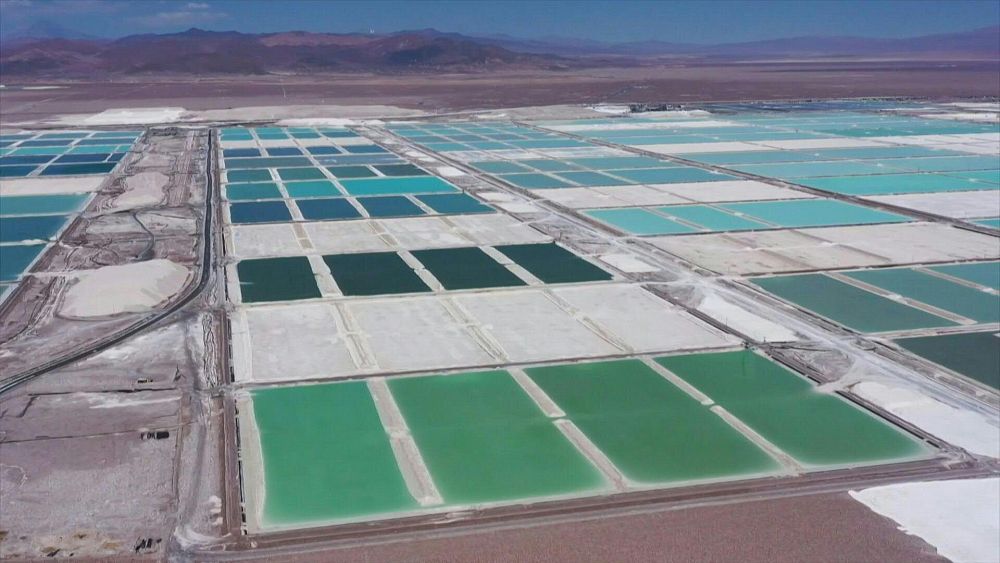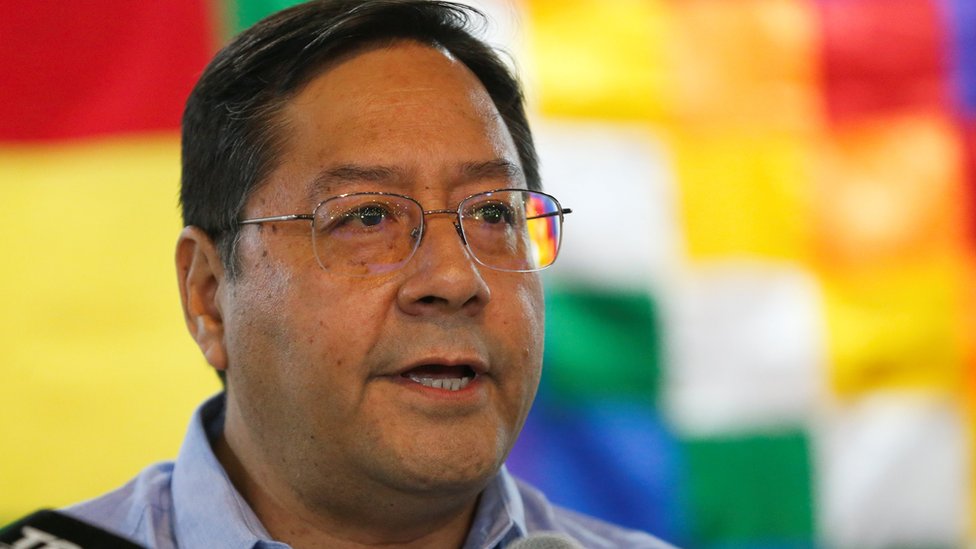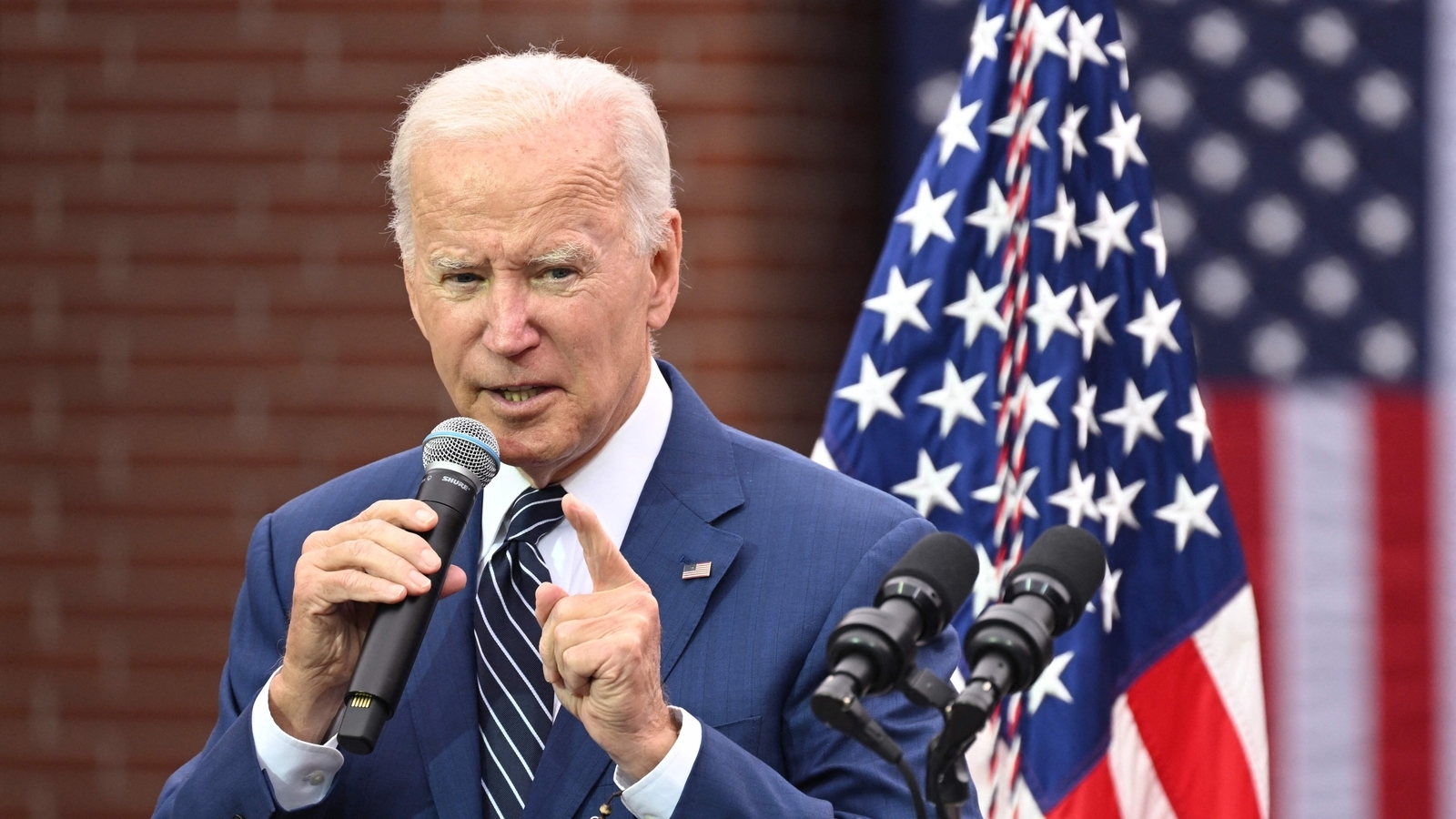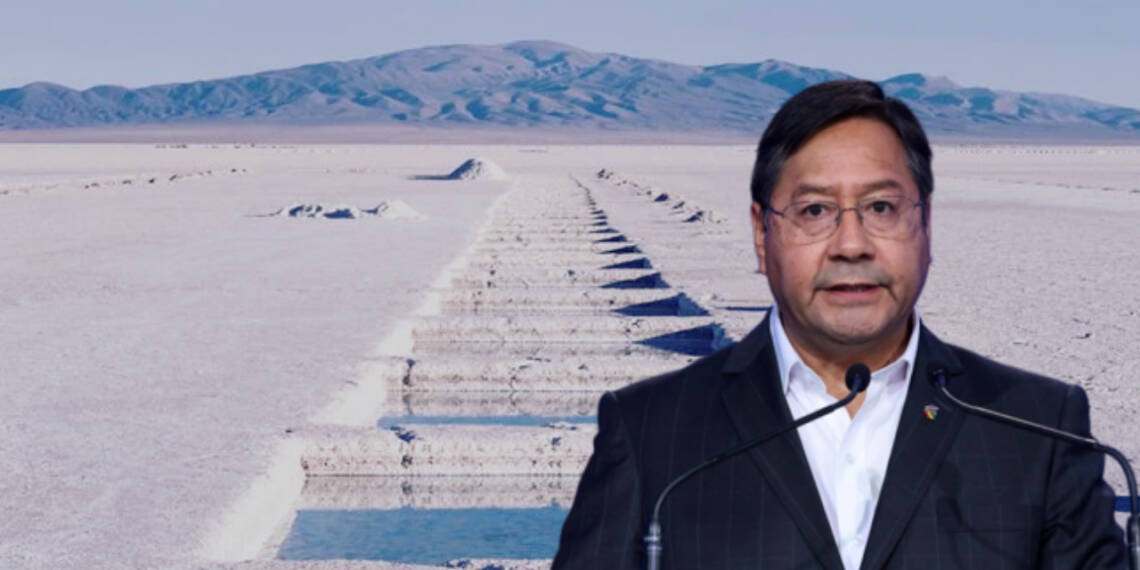Deep beneath the surface of the Latin American continent, lies a sleeping giant. A giant whose potential is only just beginning to be realised. A giant that could be the key to unlocking new levels of economic prosperity – the lithium triangle. This week, Bolivia shook the world with its announcement of a Lithium OPEC cartel.
A cartel that could potentially revolutionize the global lithium market. But what exactly is this cartel and what would it mean for the region and the world? Let’s find out
This week, Bolivia dropped a bombshell when President Luis Arce suggested that Latin American countries should form a Lithium OPEC-style cartel.
The idea, which was first proposed by Mexico’s President Andres Manuel Lopez Obrador, is to better coordinate the production and pricing of lithium in Latin America in order to benefit the economies of the countries involved.
The announcement sent shockwaves through the global lithium market, which is already feeling the effects of increasing demand for lithium-ion batteries. Lithium prices have been steadily rising as the demand for electric vehicles continues to grow and as manufacturers search for new sources of lithium to meet the demand. The cost of lithium has risen to around $85,000 per tonne in the past year due to the increased demand for the product for car and electronics batteries.

Read more: Western oil companies get a taste of reality in Brazil
The Latin American countries would include Bolivia, Chile, Argentina, Mexico and Peru. The proposed cartel would give the countries the power to coordinate production and pricing of lithium, thus allowing them to capture a greater share of the profits. It would also give them greater control over the supply of lithium and help them to better position themselves to benefit from the growing demand for electric vehicles.
The Monopoly of Foreign companies
The current production model is dominated by international companies, mainly from the United States and China.
U.S. miner Albermarle is the biggest producer of lithium globally and is based in northern Chile. Additionally, Livent Corp, a U.S. firm, is providing BMW with Argentine lithium. SQM, the second-largest lithium producer, is largely owned by China’s Tianqi Lithium Corp. Furthermore, CATL and Ganfeng Lithium, two Chinese battery companies, are increasing their presence in Latin America.
The Bolivian announcement has brought attention to the fact that Latin American countries have a huge opportunity to benefit from the current lithium boom by developing their own lithium-based battery industry.

The proposed agreement between the countries could help to establish the region as a major player in the EV and energy storage market and ensure that the countries are not marginalized in the global lithium market.
Lithium Triangle and Geopolitics
Since July of last year, representatives from Argentina, Chile, and Bolivia have been engaging in discussions due to their collective lithium triangle
The Lithium triangle holds around 65% of the planet’s identified lithium sources and will make up 29.5% of the world’s production in 2020.
It is not unimaginable for a similar body to OPEC to emerge; a potential organization that could be named The Organization of the Lithium Exporting Countries (OLEC).
The lessons from many years of being heavily reliant on OPEC for petroleum supplies have had a lasting effect on U.S. foreign policy. In 1973, the Arab countries of OPEC demonstrated their authority by halting oil exports to the US.
The idea of a Lithium OPEC could provide much needed economic benefits to the countries involved and give them greater control over the supply of lithium.
If this happens then it will wreak havoc for the United States. U.S. Southern Command General Laura Richardson in her statements reveal how the US is continuously looking to extract the lithium out of South America.
https://twitter.com/KawsachunNews/status/1616820174065205248
The US also fears China taking what they deem as “their share.” The U.S. could be left out in the cold if the cartel is formed.

Also Read: The US SOUTHCOM commander reveals the evil plans Biden has in store for Latin America
The Biden administration saw this coming, it released the National Blueprint for Lithium Batteries 2021-2030 last year. The blueprint is to address the issue and it outlines steps to secure access to raw and refined materials.
Even though the plan is still in its initial stages, there are also questions about how the cartel would be structured and what its rules would be. For example, it remains unclear if the cartel would be an informal agreement or a more formal organization with a set of rules and regulations.
There are also questions about how the cartel would be funded and how it would function. Would it be a self-funded organization or would it be funded by the countries involved? Would it be a regulatory body or a free-market entity?
These are just some of the questions that need to be answered before the idea of a Lithium OPEC can be taken seriously. But the fact that Bolivia has proposed it is a sign that the countries involved are serious about creating a cartel to better coordinate the production and pricing of lithium.
Nevertheless, the announcement of a potential lithium OPEC has injected a new sense of optimism into the industry and has the potential to revolutionize the global lithium market.
Hence, it remains to be seen if the idea of a Lithium OPEC will gain traction in the coming months and years and if it does, what shape it will take. But for now, Bolivia has dropped a bombshell and the lithium market will be watching closely to see what happens next.
https://www.youtube.com/watch?v=z1I6AFa9JEc








